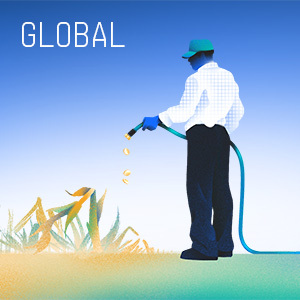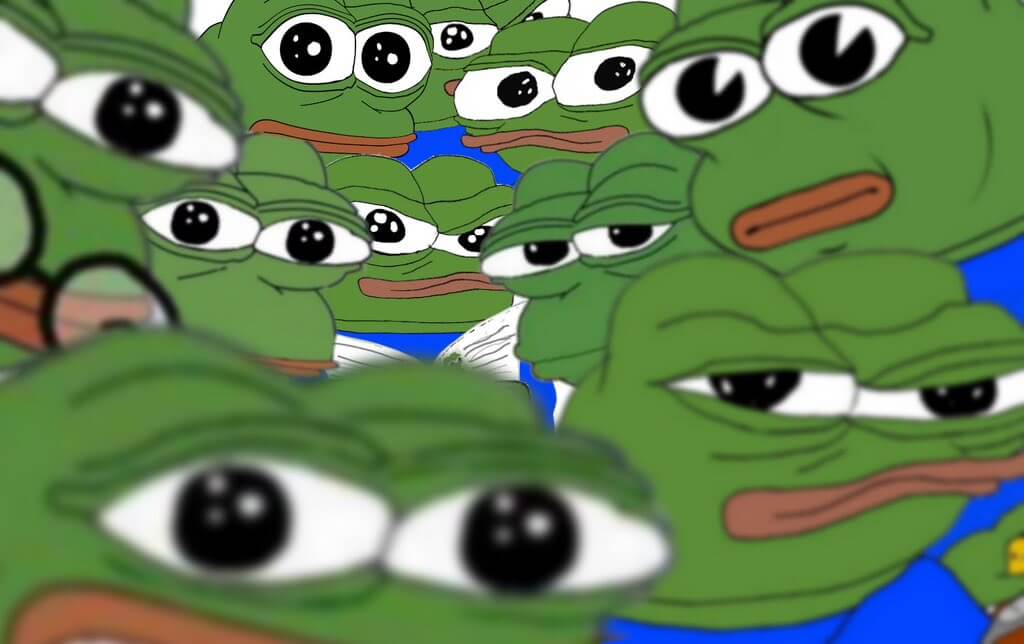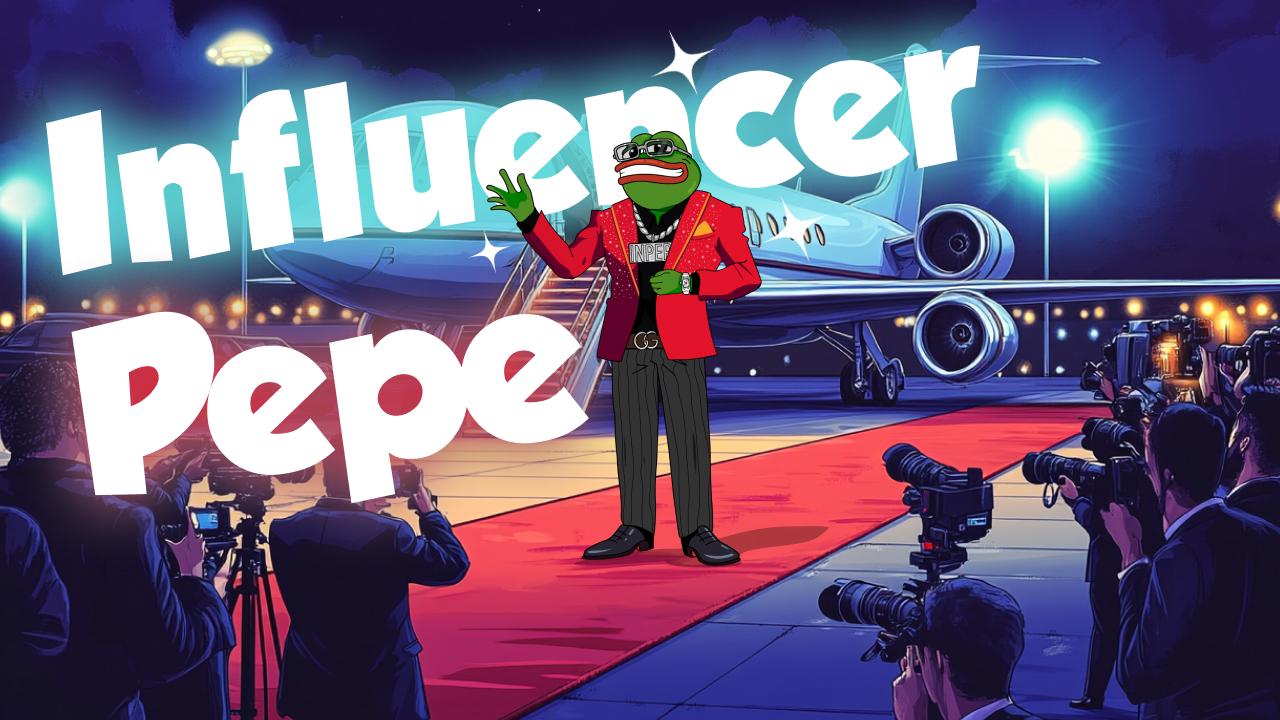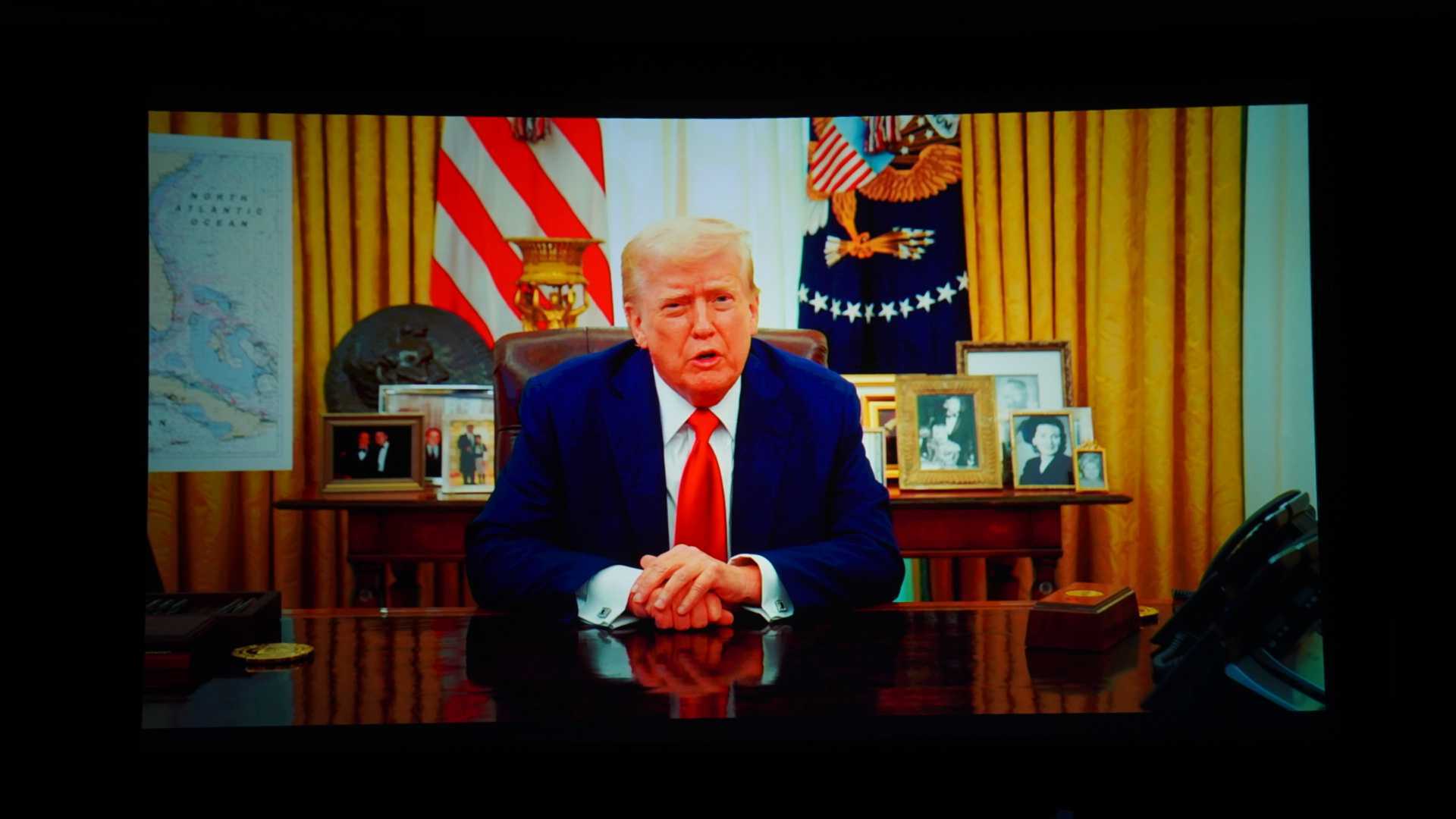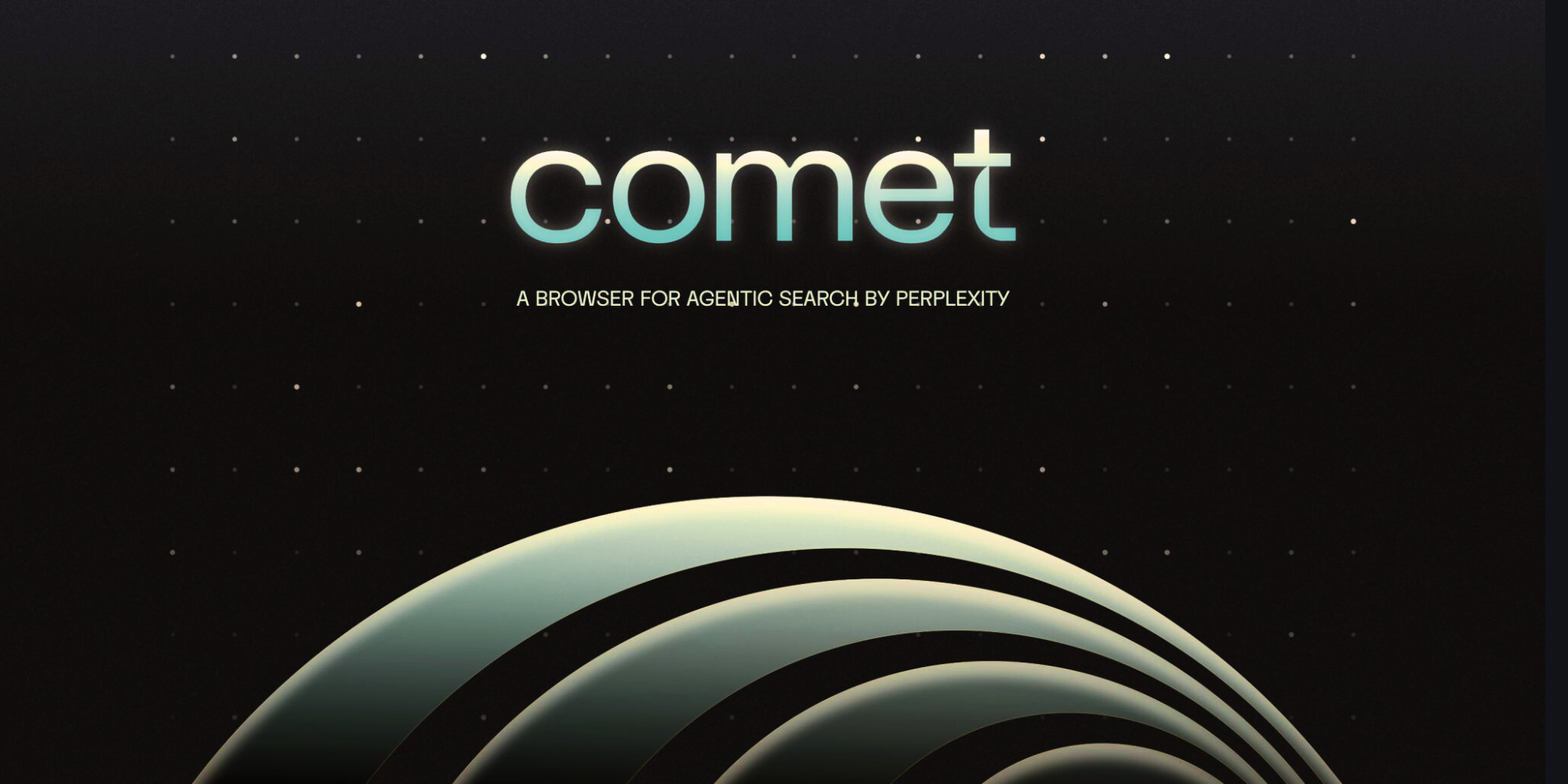Steven Pinker recommends: Top 4 life-changing books
Explore four life-changing books recommended by Steven Pinker that offer deep insights into human nature, rational thinking, and progress.
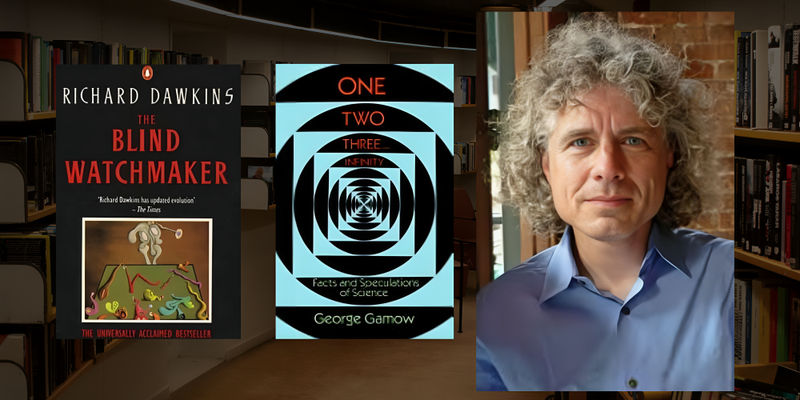

Steven Pinker, the renowned cognitive psychologist, linguist, and author, is known for his deep insights into human nature, rationality, and the progress of civilisation. In a discussion on a popular YouTube channel, Pinker shared five books that he believes have profoundly influenced his thinking and can change the way we perceive the world.
These books explore fundamental questions about life, evolution, the universe, and human understanding. Whether delving into the nature of infinity, the intricacies of evolution, or the deep connections between science and philosophy, these books offer a transformative reading experience. They are not just informative—they challenge our assumptions and encourage us to think critically about existence itself.
4 thought-provoking books that Steven Pinker recommends
1. One, Two, Three...Infinity by George Gamow
Originally published in 1947, One, Two, Three...Infinity remains a classic in scientific literature. George Gamow, a brilliant physicist, takes readers on a journey through mathematics, cosmology, and atomic physics using a lighthearted and often humorous approach. The book introduces the paradoxes of infinity, the vastness of the cosmos, and even early discussions on the Big Bang theory.
Pinker appreciates this book for its ability to make deep scientific insights comprehensible to a general audience. If you’ve ever been curious about the wonders of numbers, space, and time, this book is a great starting point.
2. The Selfish Gene and The Blind Watchmaker by Richard Dawkins
Richard Dawkins' The Selfish Gene (1976) changed the way we think about evolution. It introduced the idea that genes, rather than individuals or species, are the primary drivers of evolutionary change. Dawkins explains how behaviours like altruism can emerge from a process driven by self-replicating molecules.
The Blind Watchmaker (1986) takes this concept further, tackling the argument for intelligent design by demonstrating how natural selection can produce complex, seemingly designed structures without a guiding hand. Dawkins uses powerful metaphors and engaging explanations to show how small, incremental changes over time can lead to the incredible diversity of life we see today.
For anyone interested in understanding the mechanisms behind life’s complexity, these two books are essential reads.
3. The Big Picture: On the Origins of Life, Meaning, and the Universe Itself by Sean M. Carroll
In The Big Picture, theoretical physicist Sean Carroll presents a grand explanation of the universe from the perspective of modern science. He introduces the concept of poetic naturalism, arguing that everything—life, consciousness, meaning—can be understood within the framework of physical laws without the need for supernatural explanations.
Carroll masterfully connects quantum mechanics, entropy, and evolution with existential questions about purpose and morality. He explores how humans construct meaning in a world governed by impersonal laws of nature. This book is ideal for those seeking a scientifically grounded perspective on life’s biggest mysteries.
4. The Beginning of Infinity by David Deutsch
David Deutsch, a pioneer in quantum computing, presents The Beginning of Infinity as a bold exploration of knowledge, progress, and the nature of reality. He argues that there are no fundamental limits to what humans can understand and achieve. The book spans physics, philosophy, politics, and even aesthetics, presenting a unified theory of knowledge that emphasises the power of good explanations.
Deutsch critiques common misconceptions about science, creativity, and societal progress. His core argument is that through reason and open inquiry, humans can continuously expand their understanding and improve their world. This book is a must-read for anyone who wants to explore the boundless possibilities of human thought and innovation.
Conclusion
Steven Pinker’s book recommendations are more than just interesting reads—they are intellectual journeys that challenge assumptions, broaden perspectives, and deepen our understanding of reality. Each of these books, from Gamow’s playful exploration of infinity to Deutsch’s bold vision of infinite progress, invites us to think critically and embrace curiosity.
If you’re ready to explore some of the most profound questions in science, philosophy, and human existence, start with these five books. They might just change the way you see the world.













































































































































































![[The AI Show Episode 142]: ChatGPT’s New Image Generator, Studio Ghibli Craze and Backlash, Gemini 2.5, OpenAI Academy, 4o Updates, Vibe Marketing & xAI Acquires X](https://www.marketingaiinstitute.com/hubfs/ep%20142%20cover.png)















































































































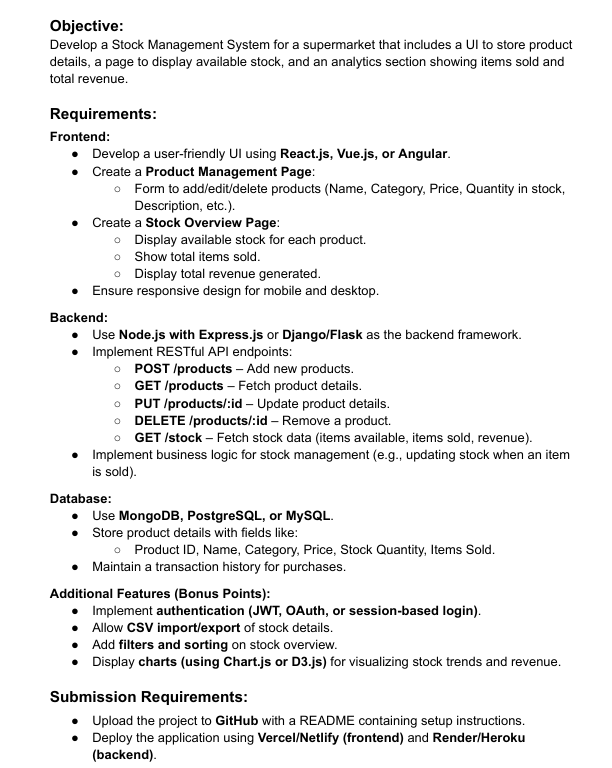















![[DEALS] Microsoft Office Professional 2021 for Windows: Lifetime License (75% off) & Other Deals Up To 98% Off – Offers End Soon!](https://www.javacodegeeks.com/wp-content/uploads/2012/12/jcg-logo.jpg)
































































































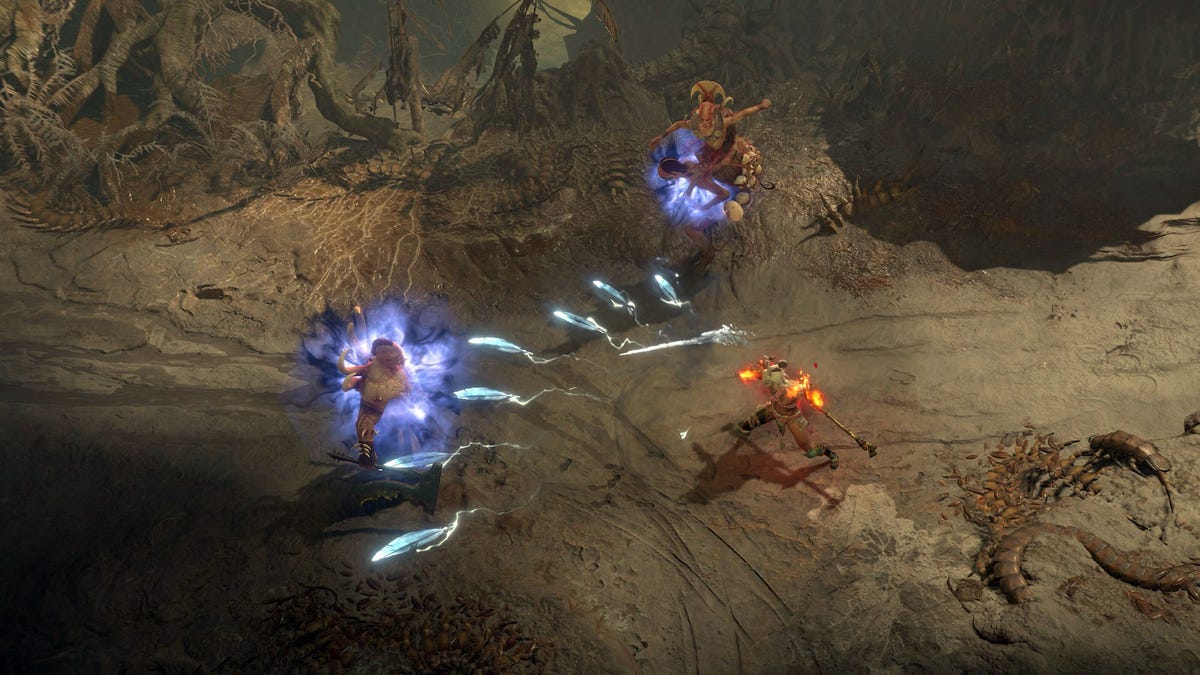
































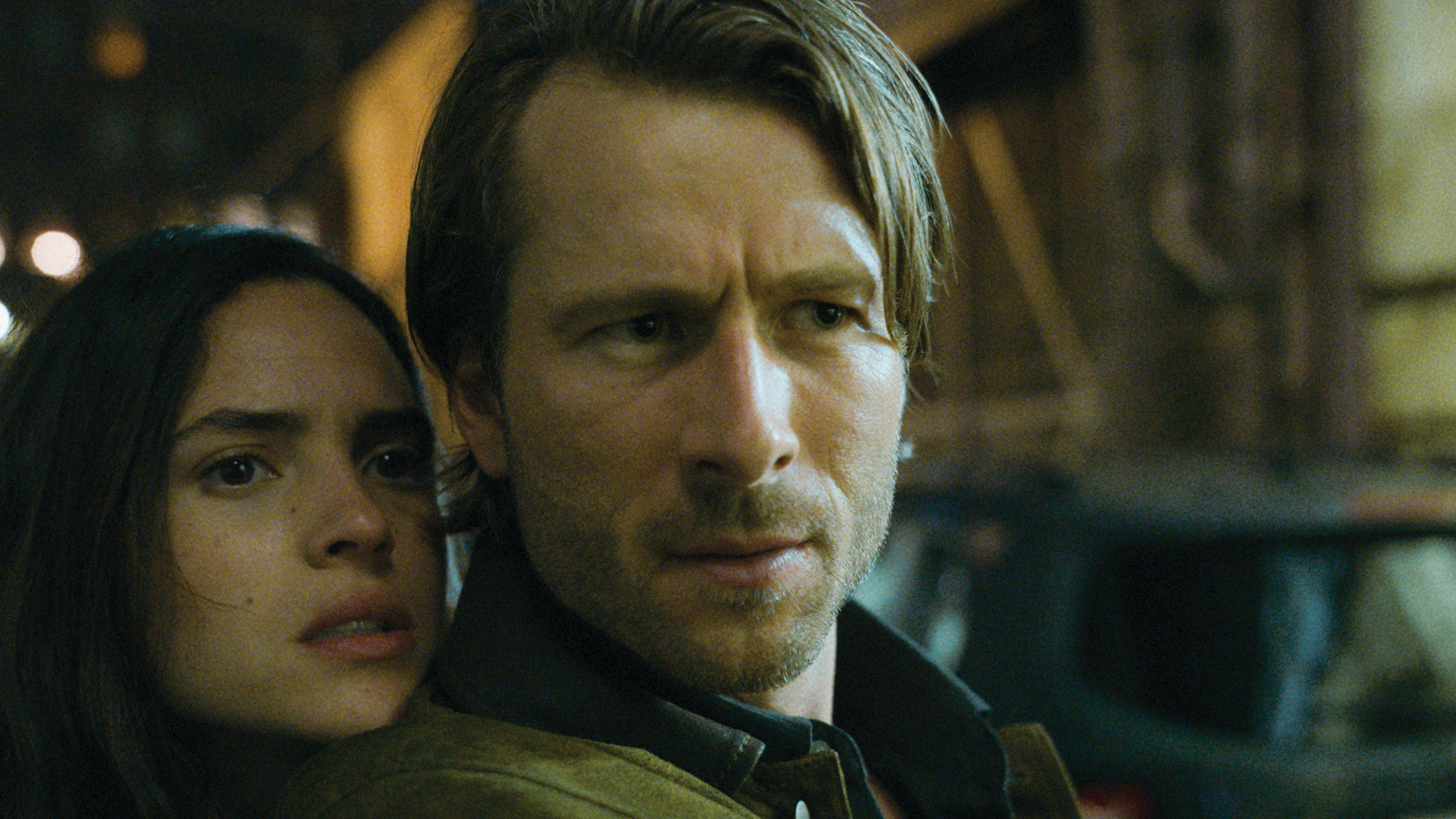











_Anthony_Brown_Alamy.jpg?#)
_Hanna_Kuprevich_Alamy.jpg?#)




.png?#)



















































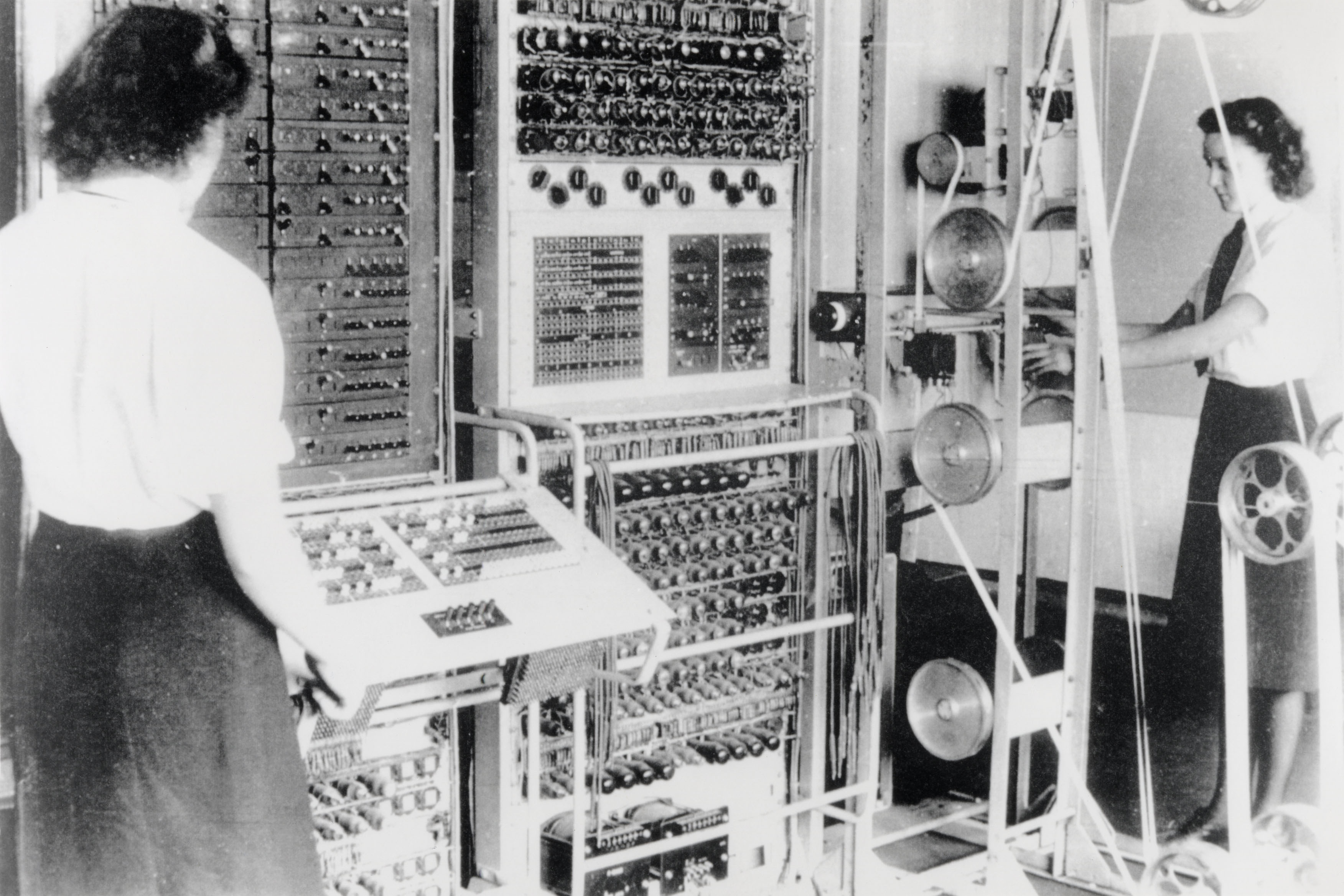






















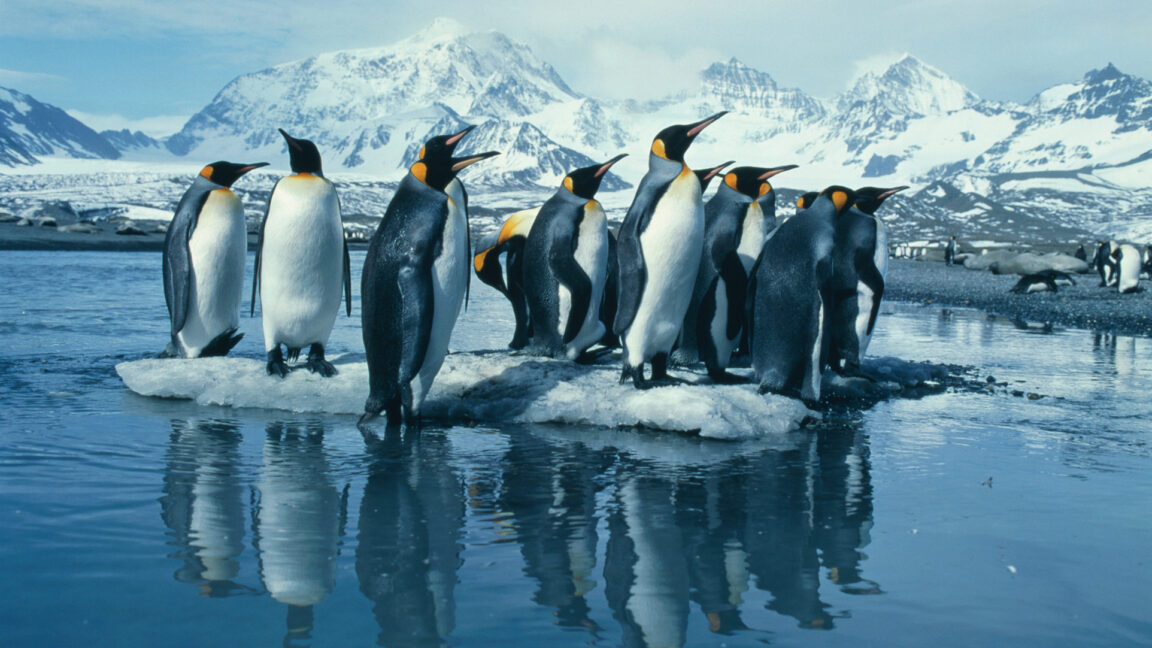


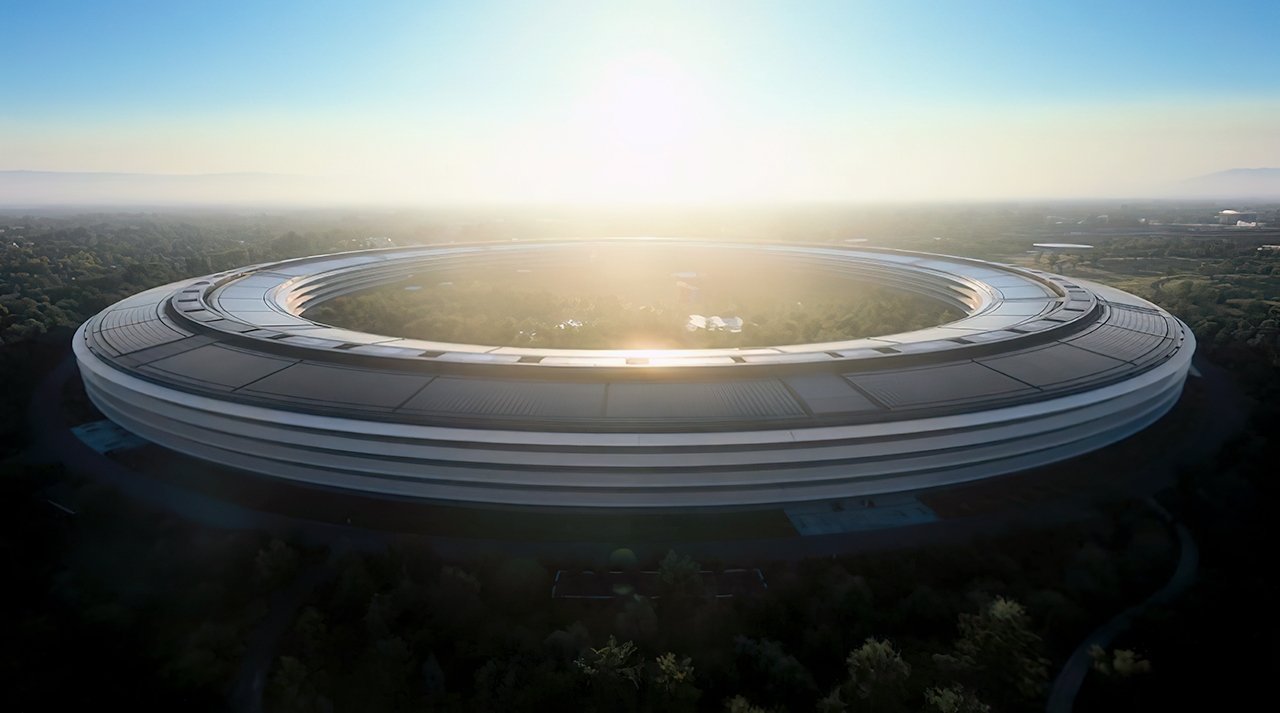











![Hands-on: We got to play Nintendo Switch 2 for nearly six hours yesterday [Video]](https://i0.wp.com/9to5toys.com/wp-content/uploads/sites/5/2025/04/Switch-FI-.jpg.jpg?resize=1200%2C628&ssl=1)
![Fitbit redesigns Water stats and logging on Android, iOS [U]](https://i0.wp.com/9to5google.com/wp-content/uploads/sites/4/2023/03/fitbit-logo-2.jpg?resize=1200%2C628&quality=82&strip=all&ssl=1)













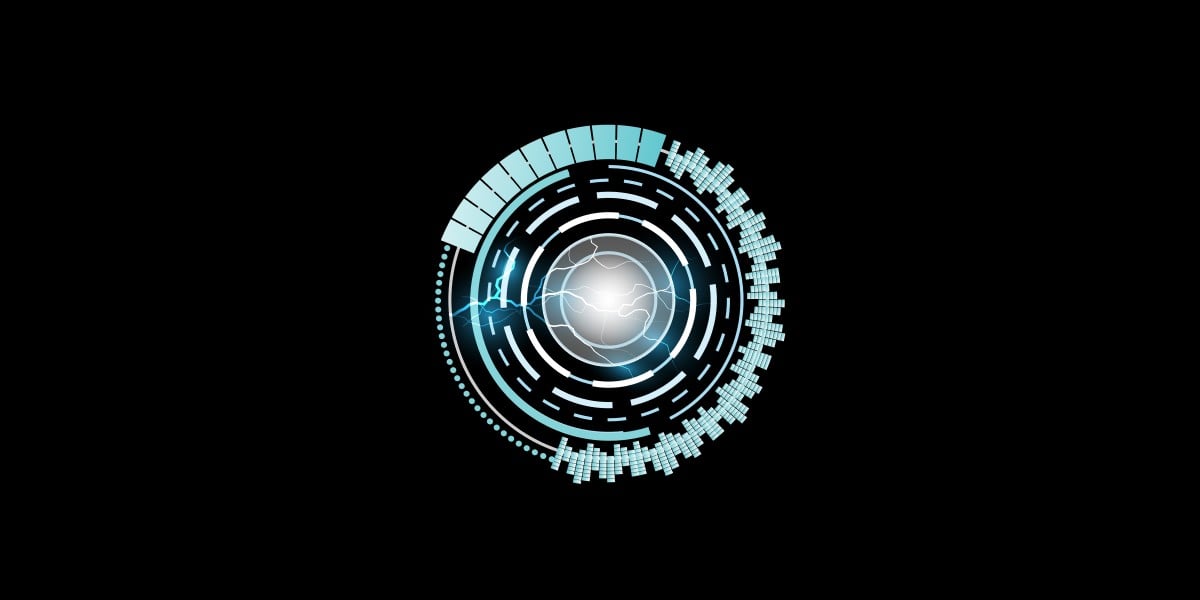
![YouTube Announces New Creation Tools for Shorts [Video]](https://www.iclarified.com/images/news/96923/96923/96923-640.jpg)

![Apple Faces New Tariffs but Has Options to Soften the Blow [Kuo]](https://www.iclarified.com/images/news/96921/96921/96921-640.jpg)























































































